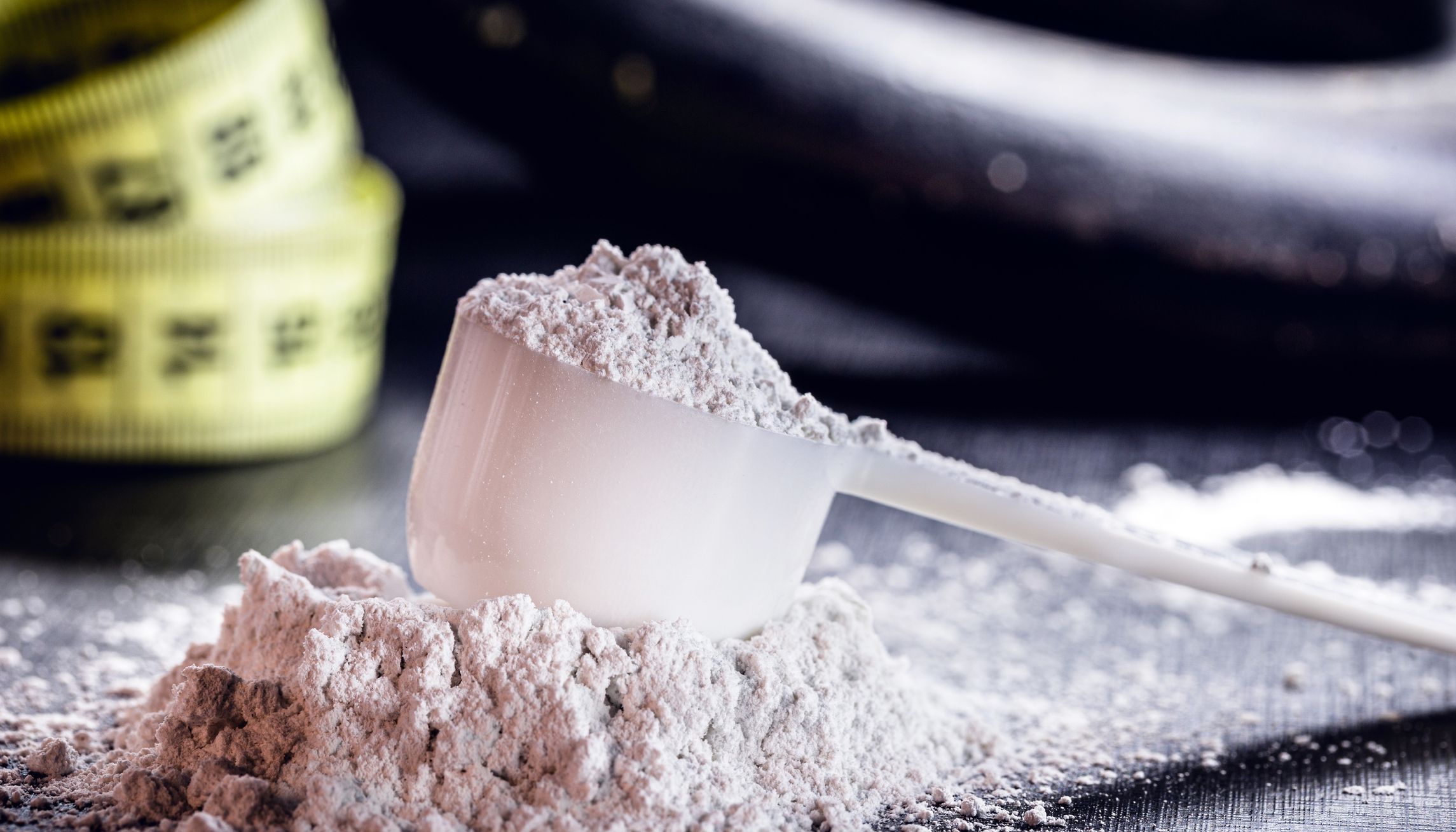Food
Does creatine make you hungrier?

Creatine is one of the most popular and well-researched supplements in the fitness industry, known for its benefits in enhancing muscle strength, power, and exercise performance. However, many users and potential users often wonder, does creatine make you hungrier? Let’s explore the relationship between creatine supplementation and appetite, providing insights based on scientific evidence and user experiences.
What is creatine?
Creatine is a naturally occurring compound found in small amounts in certain foods and synthesized by the human body, primarily in the liver, kidneys, and pancreas. It is stored mainly in the muscles and used as a quick source of energy during high-intensity activities.
How does Creatine work?
Creatine works by increasing the availability of adenosine triphosphate (ATP), the primary energy carrier in cells. During intense physical activities, ATP is rapidly depleted, and creatine helps replenish it, allowing for improved performance and muscle endurance.
Common uses of Creatine
- Athletic performance: Enhances strength, power, and high-intensity exercise capacity.
- Muscle growth: Promotes muscle hypertrophy when combined with resistance training.
- Recovery: Aids in faster recovery between exercise sessions.
Does Creatine make you hungrier?
The direct impact of creatine on appetite is not extensively researched, and the evidence remains inconclusive. However, several indirect factors might influence hunger when taking creatine.
Increased physical activity
Creatine is often used by athletes and individuals engaged in intense physical training. Increased physical activity can elevate caloric needs and, subsequently, appetite. Therefore, individuals might feel hungrier due to their heightened activity levels rather than the creatine itself.
Muscle growth and metabolism
Creatine contributes to muscle growth, which can boost metabolic rate. An increased metabolism often leads to greater energy expenditure, which might result in increased hunger to meet the body’s energy demands.
Water retention
Creatine supplementation can cause water retention in the muscles, making them fuller and potentially leading to a sensation of bloating or discomfort rather than hunger. This effect varies among individuals and is usually more noticeable during the initial loading phase of creatine use.
User experiences
Anecdotal evidence from users of creatine supplements presents mixed reports. Some individuals claim to experience increased hunger, while others notice no change or even a reduced appetite. Personal factors such as diet, exercise regimen, and individual metabolism play significant roles in these varying experiences.
Managing appetite while taking creatine
If you find that creatine supplementation affects your appetite, here are some strategies to manage it effectively:
Balanced diet
Maintain a balanced diet that includes a mix of proteins, carbohydrates, and fats. Ensuring adequate nutrient intake can help regulate hunger and support overall health.
Regular meals
Eat regular, well-spaced meals throughout the day to prevent extreme hunger and overconsumption of food. Include snacks if necessary to maintain energy levels.
Hydration
Stay well-hydrated, as dehydration can sometimes be mistaken for hunger. Drink plenty of water, especially if you experience water retention due to creatine.
Monitor caloric intake
Keep track of your caloric intake to ensure you are meeting your energy needs without overindulging. This can be particularly useful for individuals with specific fitness goals such as muscle gain or weight loss.
Listen to your body
Pay attention to your body’s hunger cues and adjust your food intake accordingly. Avoid eating out of habit or boredom.
Potential side effects of creatine
While creatine is generally considered safe for most people, it’s essential to be aware of potential side effects:
Gastrointestinal issues
Some users report stomach cramps, diarrhea, or bloating when taking creatine. These effects can often be mitigated by taking smaller doses throughout the day and staying hydrated.
Weight gain
The initial weight gain from creatine is primarily due to water retention in the muscles. Over time, as muscle mass increases, further weight gain may occur. This weight is generally considered beneficial for those looking to enhance muscle growth.
Kidney concerns
There has been concern about creatine’s impact on kidney health, especially for individuals with pre-existing kidney conditions. However, research indicates that creatine is safe for healthy individuals when used appropriately. It’s advisable to consult a healthcare provider before starting supplementation if you have any kidney issues.
Does creatine make you hungrier?
This question does not have a definitive answer, as the impact of creatine on appetite varies among individuals. While there is no strong scientific evidence directly linking creatine to increased hunger, indirect factors such as increased physical activity, muscle growth, and metabolism changes can influence appetite. Personal experiences also vary widely.
If you notice changes in your hunger levels while taking creatine, consider adjusting your diet, hydration, and meal timing to manage your appetite effectively. As with any supplement, it’s crucial to listen to your body and consult with a healthcare professional if you have any concerns.
In conclusion, while creatine is an effective supplement for enhancing athletic performance and muscle growth, its effects on hunger are likely individual and influenced by various factors beyond the supplement itself. Also, here are some similar articles that you might find useful:
